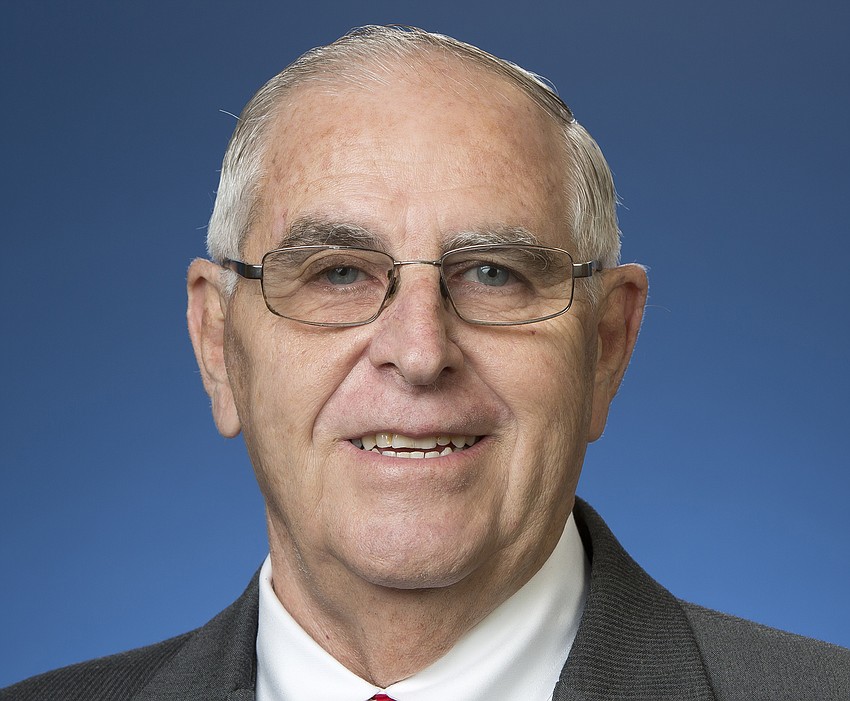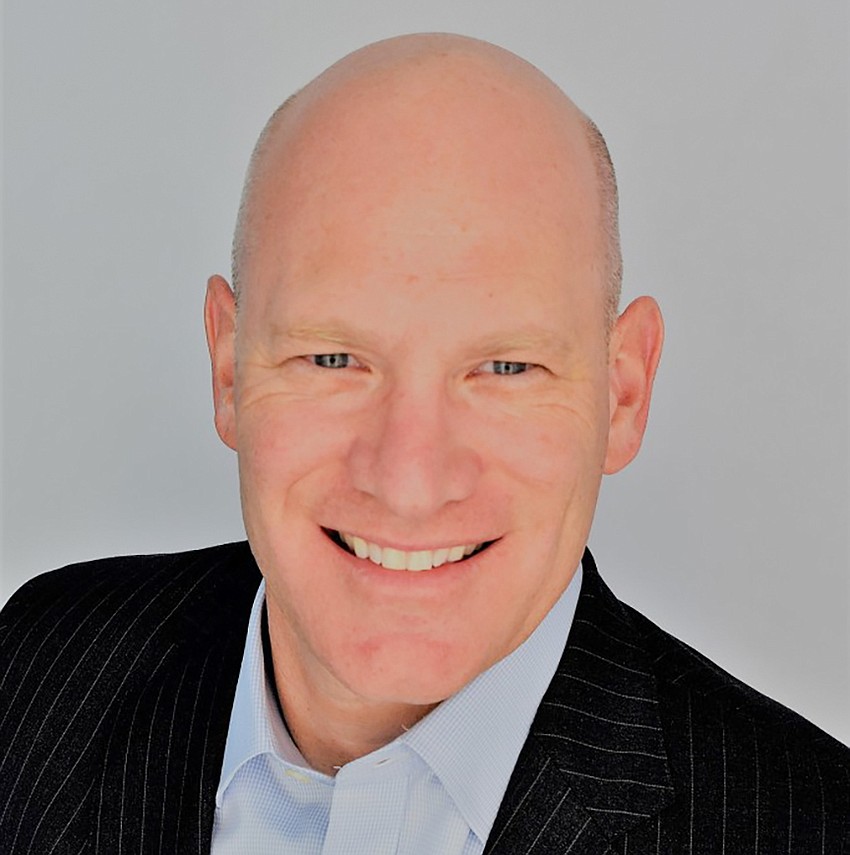
City Council Vice President Randy White says he received a stream of calls from his former co-workers to the news that the city was exploring the idea of borrowing from pension fund assets to help pay for the Jacksonville Jaguars’ “Stadium of the Future.”
White spent 32 years as a Jacksonville Fire and Rescue Department firefighter and administrator. He also served as president of the local fire union.
He said his phone lit up with calls running “about 50 to 1” from retired firefighters and police officers compared with other constituents. He said the plan triggered questions and concerns among pensioners.

“They haven’t seen the whole package, and neither have I. I have not been briefed by the (mayoral) administration,” White said during an interview Feb. 13.
“So other than what I’ve just read in print, I know no more. But that would be the determining factor for me. The pension board’s thoughts and their decision would weigh heavy on me.”
The pension fund option surfaced in news reports in which the chief negotiator for Deegan’s administration, Mike Weinstein, said the city is exploring the possibility of borrowing from the fund assets and repaying the money at the assumed rate of return the funds are seeking for its investments.
For example, the rate would be 6.5% for the Police and Fire Pension Fund. The city’s pension funds also comprise the General Employees Pension Plan and the Corrections Officers Retirement Plan.
Weinstein said the rate paid to the pension funds would likely be higher than the rate the city would pay by issuing municipal bonds to fund the stadium improvements, but the city would see some cost savings by not having to pay financing fees charged in the bond market.
In addition, the city would accelerate the paydown of its defined benefit pension plan, which was discontinued in 2016.
Voters approved a half-cent sales tax that year to address the city’s pension debt. The pension tax is for 30 years or until the pension is fully funded, whichever comes first.
That pension tax will begin when the Better Jacksonville Plan sales tax ends, which is no later than 2030.
The plan would have to be approved by the boards of the pension funds, which now total about $5 billion. The boards would determine whether to take the city’s offer, which comes with a guaranteed return, versus channeling the assets into investments with a more aggressive rate of return, but with higher risk.
Like White, Council President Ron Salem and Council member Nick Howland said they also fielded numerous calls from people with concerns and questions about the idea.

Howland, the chair of the Council Finance Committee, said the initial reaction wasn’t favorable.
“I’m getting a lot of emails – a lot of people against the thought of it,” he said.
Howland said he thought the pension option was ‘not cooked yet,” but he was willing to consider it.
“For me, the main priority is negotiating a good deal for taxpayers and then financing that deal as effectively as possible,” he said, adding that he was open to exploring “alternative financing options” to the traditional bond market.
The Jacksonville Jaguars have requested the city provide 50% of the costs of the “Stadium of the Future” and surrounding dining and entertainment district, which together would cost an estimated $2.068 billion.
A made-over EverBank Stadium would include a mirrored facade, a see-through shading membrane on the roof that would protect all seating areas from direct sunlight and rain, a wraparound concourse and lookout decks offering views of the Downtown skyline and St. Johns River.
Mayor Donna Deegan said that the administration was on pace to submit a framework for an agreement with the team to the Council by April or May. Once the framework is finalized, she plans to schedule public meetings for citizen input.
In other recent news, Weinstein also said the stadium discussions no longer include the city helping pay for the entertaining district around the renovated stadium.